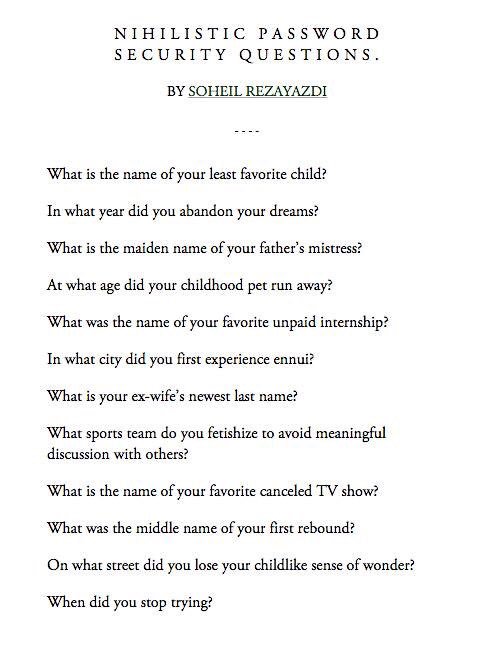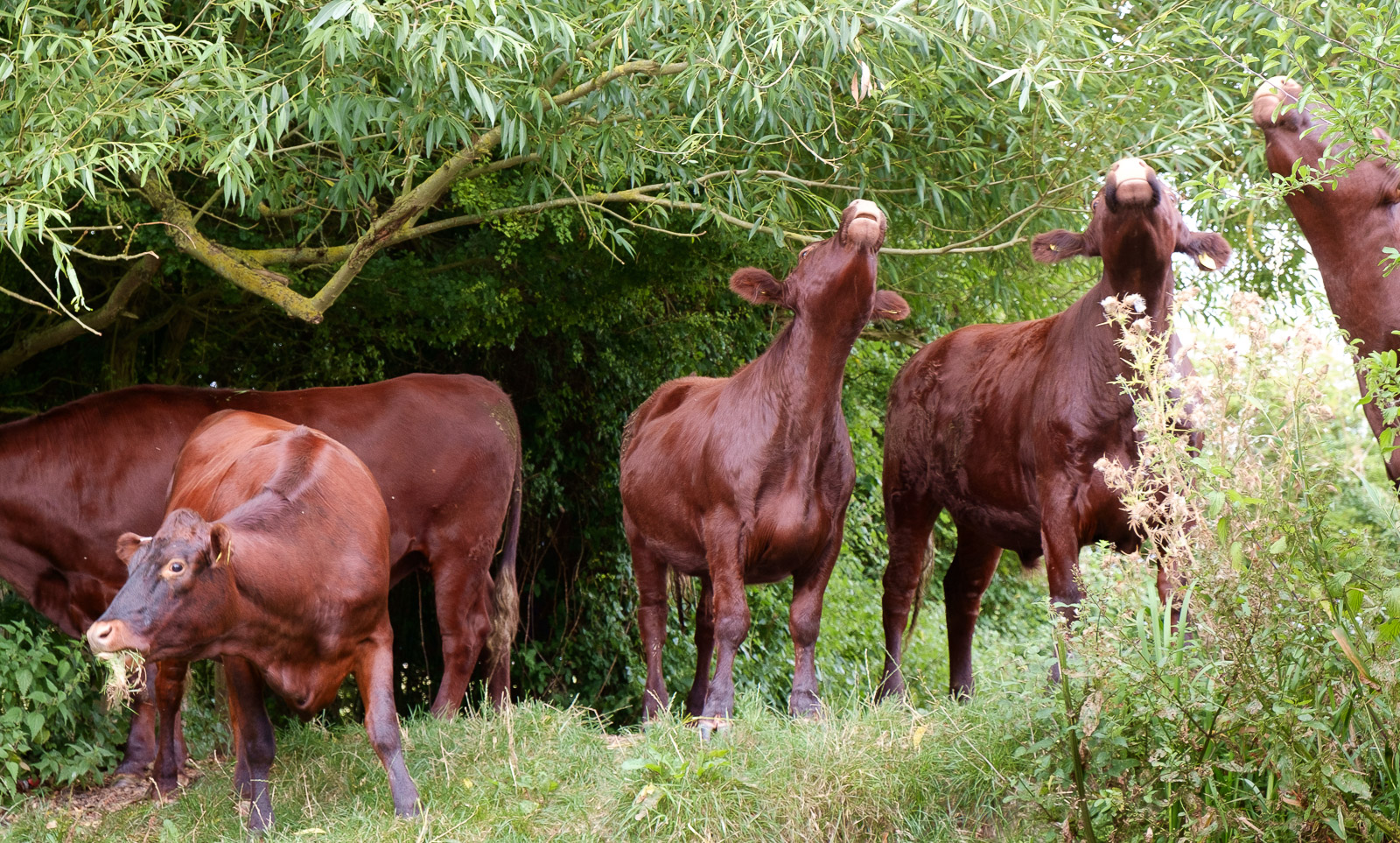A witty road-safety campaign in this part of the country has been putting up signs:
THINK!
SPEED LIMITS
ARE NOT
TARGETS!
Unless you’re already exceeding them, that is. In which case, presumably, they should be…
A witty road-safety campaign in this part of the country has been putting up signs:
THINK!
SPEED LIMITS
ARE NOT
TARGETS!
Unless you’re already exceeding them, that is. In which case, presumably, they should be…
Last week I visited Caernarfon for the first time, which has a splendid castle where Edward II, amongst other people, was born.
Here’s how I’m descended from Edward II:
“Wow!”, I can hear you say. “Quentin is royalty? I didn’t know that! But it explains an awful lot.” Actually, I should probably focus on Edward III, who sounds like a much more decent chap to have as an ancestor, but I just happened to be in Caernarfon, not Windsor.
Sadly, however, neither relationship is nearly as exciting as you might think.
Firstly, several links are in the female line, and so don’t really count, of course.
And secondly, if you’re of roughly British descent, you’re probably descended from him too.
Let’s think about the maths. As a gross over-simplification, let’s assume that none of your ancestors are related to each other in any way. So you had two parents, each of them had two parents, and so forth. The number of people who are your ancestors doubles at each generation.
Pick your favourite king from a few centuries back – let’s say Henry V, who lived around 24 generations ago. Using the above model, going back 24 generations would take you to the roughly 16 million people from whom you would be descended. If you weren’t related to somebody back then, they’d need to be outside the 16 million. And the population of the UK back then (not that it was the UK then, of course) was around 3 million.
Now, since people do marry distant relatives, the number is much smaller than 16 million in reality – it must be, because there were only 3 million of ’em, and they didn’t all have children, and relatively few people arrived or departed from this sceptred isle – but if we go back a few more generations to Edward II, the ratio is much greater too, so you can be fairly certain that almost everybody alive here now is related to him. And also to every peasant in his fields. At least, those peasants who do actually have surviving descendants.
I discovered the details for my own particular ancestry because a cousin and I had put some of the family tree into one of the genealogy sites, and a couple of weeks ago I got an email from them saying “Julius Caesar is your 64th great-grandfather!” And so he is, sort of, despite the fact that he didn’t have any children! (He adopted some.) Here are the details if you’re curious.
But when you go back that far, it’s really, really hard not to be related to somebody if they’re in roughly the same continent! So, this is all quite fun, but I won’t be massing my armies and crossing the Rubicon just yet.
I think, though, with the element of surprise on our side, Tilly and I could re-take Caernarfon…
I love these nihilistic security questions from Soheil Rezayazdi…

Thanks to Rory C-J for the link.
Family tech support over the phone is a wonderful thing, especially with screen-sharing, but it can still be slow progress to achieve some simple tasks…
Me: “You can select several things at once: click the first one, then shift-click the last one”
Relative: “Shift-click?”
“Yes, hold down the shift key while clicking”
“I’m sorry — I don’t know where the shift key is…”
“The one with the up arrow that you use for making capitals.”
Long pause.
“No, it doesn’t seem to do anything different”.
“Oh. Perhaps it doesn’t work in this mode. Let me try here. Mmm. It works fine for me. Tell me exactly what you’re doing…”
Long discussion during which we discover that beloved relative is actually using the (generally less useful) capslock-click manoeuvre. We try again.
“Are they all selected now?”
“They’re all blue”
“Good, that means they’re selected. Now… Mmm. What were we doing?…”
I love this understated phrase from the ‘Information for visiting pilots’ on the website of Caernarfon Airport:
Runway 02/20 at Caernarfon is now permanently unlicensed due to the installation of two 152’ amsl wind turbines approximately half way down the runway.
Conjures up some wonderful mental images.
“Go on Bob, time it just right… Oh, and roll as you go through…”
One of the things that strikes many of us visiting the US is the number of advertisements for prescription drugs, even on prime-time TV. This is not allowed in most other countries.
Vox has become rather good at producing short informative videos on a wide variety of topics; here’s their take on this subject…
Janet Daley, writing in The Telegraph about being an immigrant to the UK:
What does choosing to live in another country mean in today’s world? To my mind then (and now) there is no question that I had decided to become, for almost all intents and purposes, British. The whole point of my decision was that I admired the values and attitudes of this country. Why else choose to live here?
Residing in a country did not seem to me to be simply a matter of adopting a flag of convenience under which it would be possible to live any way one liked so long as the local circumstances facilitated it. In fact, the old countries of Europe were attractive precisely because they had established cultural histories and an inherited stability that the US – with its constant social churn and neurotic insecurity – lacked. You came to live in Britain because you wanted to be part of what Britain was.
The European Union’s “free movement of people” rule and its obtuse confusion over the assimilation of migrants seem deliberately designed to undermine any such notion of cohesive national identity.
What will preserve the integrity of a nation’s institutions if the collective memory of its history is lost?
You need not choose anymore. Your habits and social assumptions need not change. You can have it all: any number of nationalities; a whole wallet file of identity documents; a peripatetic working life that drifts in and out of what would once have been communities but are now simply transit stops in a migratory existence.Maybe you think this is progress. I can understand the argument which says that it is liberating: a new form of personal freedom. For the young and unattached, this may be – temporarily – true. What bliss to come and go across defunct borders, working and living without encumbrance wherever you please, as if life were a permanent gap-year adventure.
But what happens after that? When the responsibilities of grown-up life cause people to long for rootedness and a real sense of hereditary belonging – what then?
And then there is the more urgent political issue: what will preserve the integrity of a nation’s institutions if the collective memory of its history is lost?
You know that strange disclaimer that appears at the end of every film? The earliest movies, of course, don’t have it. Have you ever wondered how it started?
Yesterday we attended a rehearsal of the famous Grantchester Bovine Acapella Trio.

Actually, they were trying to reach this particularly tasty tree which was growing just a bit too far out over the river.
© Copyright Quentin Stafford-Fraser
Recent Comments